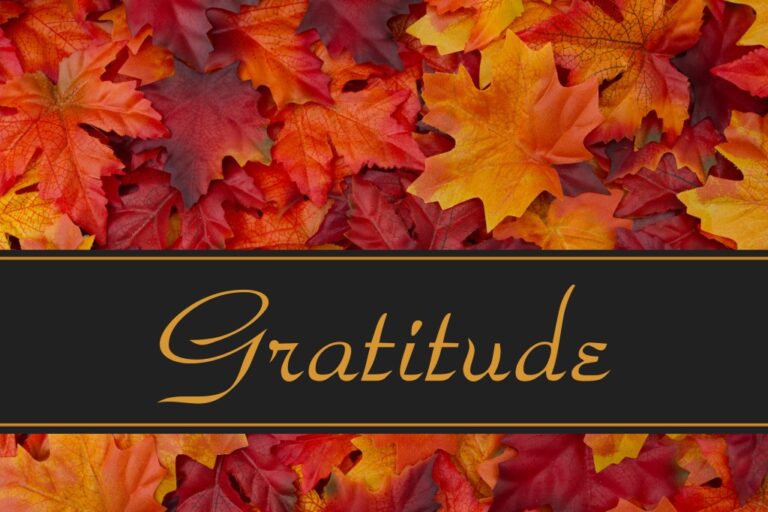
When Abraham Lincoln issued his Thanksgiving Proclamation in 1863, it most likely appeared to many a wierd time to be grateful. The nation was torn aside by civil battle. Nonetheless, Lincoln discovered a lot to thank God for, together with America’s peace with different nations and “fertile fields and wholesome skies.” He didn’t dismiss or rationalize the worth America paid for that battle, however he requested Individuals to lookup.
Within the years since, it has been a problem for Individuals to be pleased about occasions which have diluted our spirit of gratitude. These have included Reconstruction (which damage freed slaves within the South), World Warfare I, the Nice Melancholy, World Warfare II, Korea, Vietnam, Watergate, and a rising political cynicism that has made too many people hate one another.
If Lincoln was in a position to look past temporal circumstances for the blessings he mentioned got here from “the ever-watchful windfall of Almighty God,” should not we?
I’m reminded of a lyric, written lengthy after Lincoln’s time, that displays the angle expressed in his proclamation: “You have to intensify the constructive, get rid of the unfavourable, maintain on to the affirmative, do not mess with Mr. In between. ” The music was launched in 1944 throughout World Warfare II and recorded by Bing Crosby and the Andrews Sisters. One other verse emphasizes the primary: “You must unfold pleasure to the utmost, scale back gloom to a minimal…”
OK, I do know Sen. Tim Scott (R-SC) tried that method in his now-defunct presidential run, however that does not imply he was fallacious to level us to a greater means. What’s the different? Extra of the identical caustic and miserable conduct? That angle additionally has a music to go together with it. The Everly Brothers recorded it: “Bother, bother, bother all day lengthy. Worries, worries piling up on my head. Alas, I ought to have stayed in mattress.”
Which angle promotes higher hope for as we speak and our collective future?
It’s a alternative. We are able to embrace the affirmative, as Lincoln did, or we are able to deal with issues, anger and hatred for each other and foster a spirit of ingratitude and ingratitude.
We stay in an period of entitlement that will have shocked our best era. We’re extra financially affluent than any earlier era, however that does not appear to quell our anger and unhappiness.
A Gallup ballot discovered a couple of in six Individuals — 18 % — say they’re depressed or receiving therapy for despair. That is a rise of greater than seven share factors since 2015, when Gallup started asking concerning the matter. Granted, a few of that is medical despair, however might a lot of it even be attributable to specializing in unfavourable occasions?
Lincoln typically invoked God and Scripture in his public remarks, maybe none extra forcefully than in his 1863 proclamation when he declared, “No human counsel devised, nor mortal hand wrought these nice issues. They’re the gracious presents of the Most Excessive God , who, whereas he handled us in wrath for our sins, but remembered mercy.”
If our sixteenth president might say such issues within the midst of the various issues and challenges he confronted, ought to we not attempt to observe his instance and provides thanks this yr and each Thanksgiving with grateful hearts?
This is one other lyric that may assist those that battle with gratitude: “I’ve a grateful angle, a coronary heart that is full and grateful; for the great, the unhealthy, the pleased or the unhappy. Pricey Lord, assist me to be grateful.”
Readers can e-mail Cal Thomas at tcaeditors@tribpub.com. Search for Cal Thomas’ newest e book “A Watchman within the Night time: What I’ve Seen Over 50 Years Reporting on America” (HumanixBooks).

